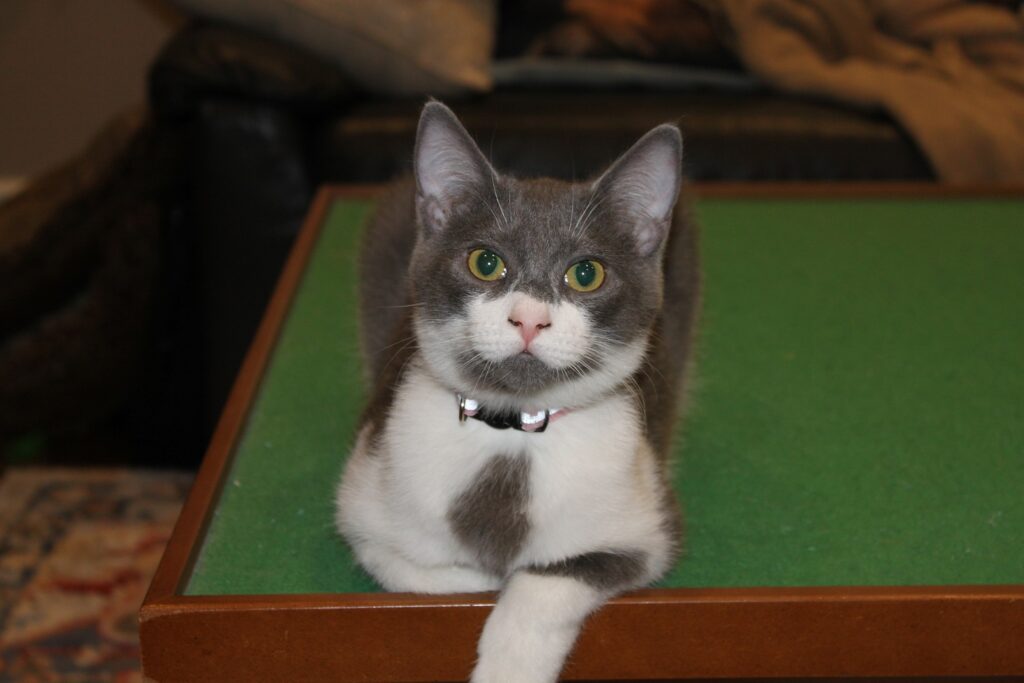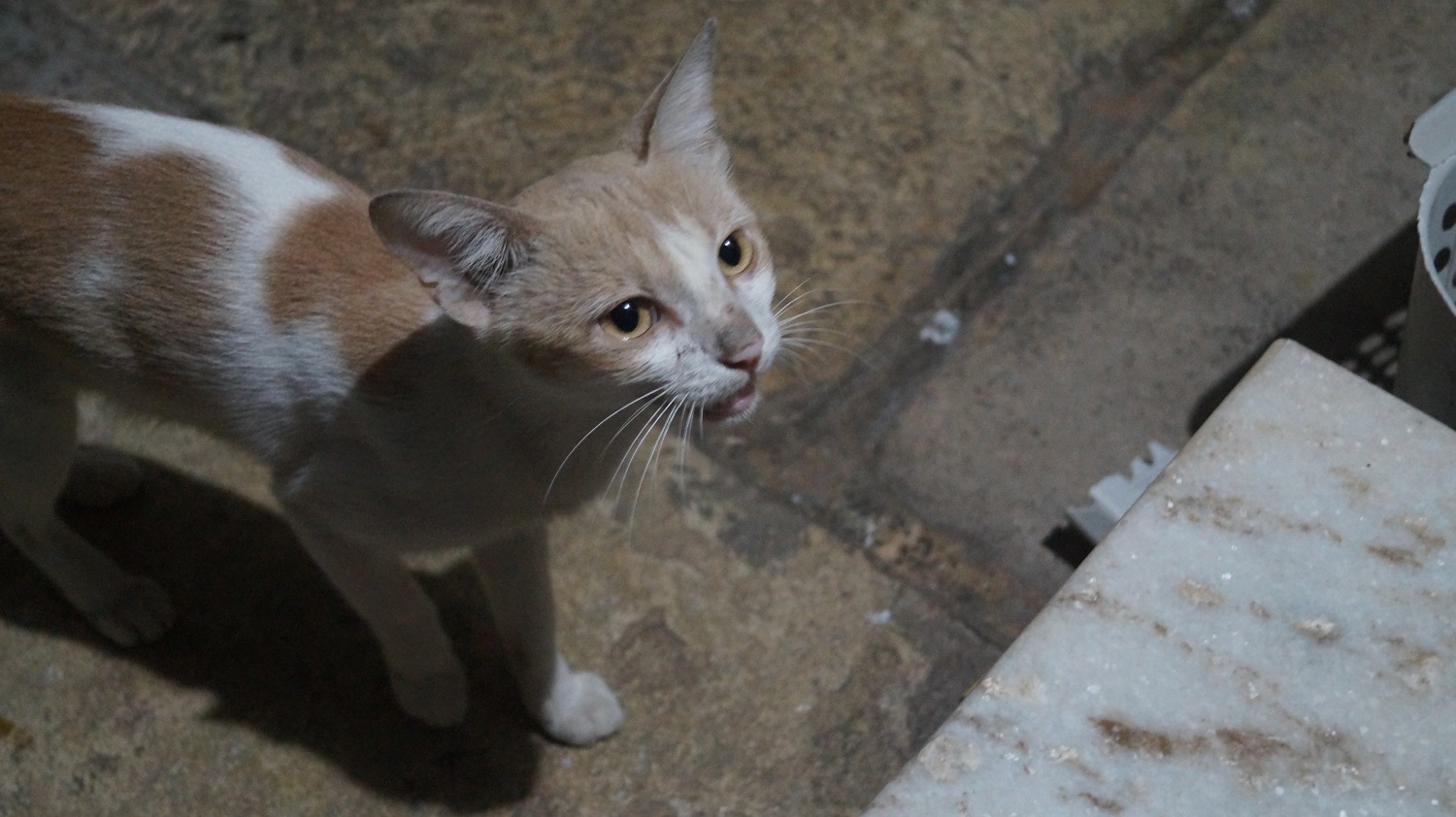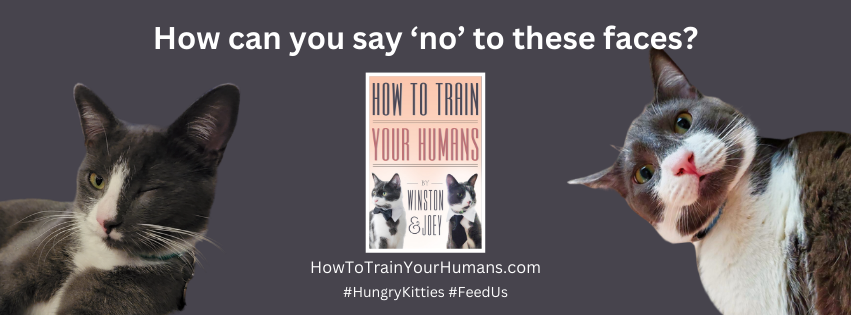If your kitten seems to have a lot to say, you are not alone. Some kittens meow occasionally, others seem to run a full-time podcast from the minute they wake up. Whether your kitten’s voice is sweet and soft or loud and dramatic, it usually means they are trying to get your attention for something.
Most of the time, frequent meowing is totally normal, especially in young kittens who are still figuring out how to communicate with you. But it can also be a sign that something needs your attention.
Here is how to figure out what your kitten is trying to say and what to do if the meowing becomes non-stop.
Why Do Kittens Meow So Much?
Kittens meow for a variety of reasons. Unlike adult cats, who tend to use body language and subtle sounds, kittens are still learning the ropes. Meowing is their main way of talking to you.
Here are the most common reasons your kitten might be meowing:
1. Hunger or Thirst
The number one reason for persistent meowing? They want food. Kittens have high metabolisms and need to eat more often than adult cats. If your kitten is approaching their food bowl and vocalizing, they are probably just asking for a refill.
Make sure they are on a proper feeding schedule and always have access to fresh water.
2. Attention and Affection
Kittens crave social interaction, especially when they are new to your home. If your kitten follows you around and meows, they may just be looking for cuddles, playtime, or comfort.
Related read: When the Litter Box Becomes a Nap Spot.
Spending a few extra minutes engaging with them can go a long way in easing this kind of vocalization.
3. Loneliness
If your kitten is meowing when you leave the room or crying at night, they may be feeling isolated. This is especially common in kittens that were recently separated from their litter or are adjusting to a new environment.
Consider giving them a cozy space with soft bedding, toys, and something that smells like you to help them feel safe.
4. Boredom
A bored kitten will find ways to entertain themselves, and that often includes making noise. Vocalizing is one way they try to get your attention for stimulation.
Try rotating their toys, offering puzzle feeders, or adding extra play sessions during the day to help burn off energy.
5. Discomfort or Illness
Sometimes meowing is a cry for help. If your kitten’s meowing suddenly increases or sounds distressed, and it comes with other symptoms like hiding, poor appetite, or lethargy, it may be a sign something is wrong.
Any sudden or extreme change in behavior is a good reason to check in with your vet.
6. Stress or Confusion
New surroundings, loud noises, or changes in the household can stress out a kitten. When they feel unsure or overwhelmed, they may vocalize more than usual.
Keeping their environment calm and consistent helps ease this kind of stress-based meowing.

Sometimes at night, I like to explore to see if there are any new friends around. And by friends, I mean girl kitties. I have a special meow to let them know I’m here. #ComeAndGetItLadies #GQkitty #SexyLittleMonster
Joey
How to Reduce Excessive Meowing
Some meowing is perfectly normal, but if it becomes constant, here are a few ways to gently curb the behavior:
- Stick to a consistent feeding and playtime schedule
- Make sure your kitten is not lonely or bored
- Avoid giving in to every meow with food or attention, or they may learn to meow more
- Use positive reinforcement when they are quiet and calm
- Never yell or punish a meowing kitten. It does not help and can increase anxiety
If you are unsure whether the meowing is behavioral or medical, a quick vet visit can help rule out any underlying issues.
When to Be Concerned
Most kittens are naturally vocal, but you should contact your vet if your kitten:
- Suddenly starts meowing much more than usual
- Sounds hoarse or distressed
- Is meowing along with changes in eating, sleeping, or litter box habits
- Seems in pain or is hiding more than normal
It’s always better to be safe than sorry when it comes to your kitten’s health and well-being.
Final Thoughts: Meowing Is Just Part of Growing Up
Kittens meow because they are learning how to communicate with the world around them. They are figuring out what works, what gets your attention, and how to let you know when they need something.
As they grow older and settle into a routine, the meowing usually becomes less constant. For now, try to listen, respond when appropriate, and know that your kitten’s chatter is just another way they are bonding with you.
And who knows? Maybe they are just practicing their TED Talk.
Sources:
– Kitten Communication Basics https://www.petmd.com/cat/behavior/why-do-kittens-meow
– Understanding Feline Vocalization https://www.aspca.org/pet-care/cat-care/common-cat-behavior-issues
– Kitten Behavior Guide https://vcahospitals.com/know-your-pet/kitten-behavior-and-training
– Vocalization in Cats https://www.icatcare.org/advice/vocalisation-in-cats/
– Signs of Illness in Kittens https://www.humanesociety.org/resources/signs-illness-cats
Recent Posts
Explore why cats sleep so much, including the evolutionary reasons and the health benefits they derive from their extensive sleep patterns.
Explore the causes of cat dandruff, its implications, and effective ways to deal with it so your feline friend remains happy and healthy.


